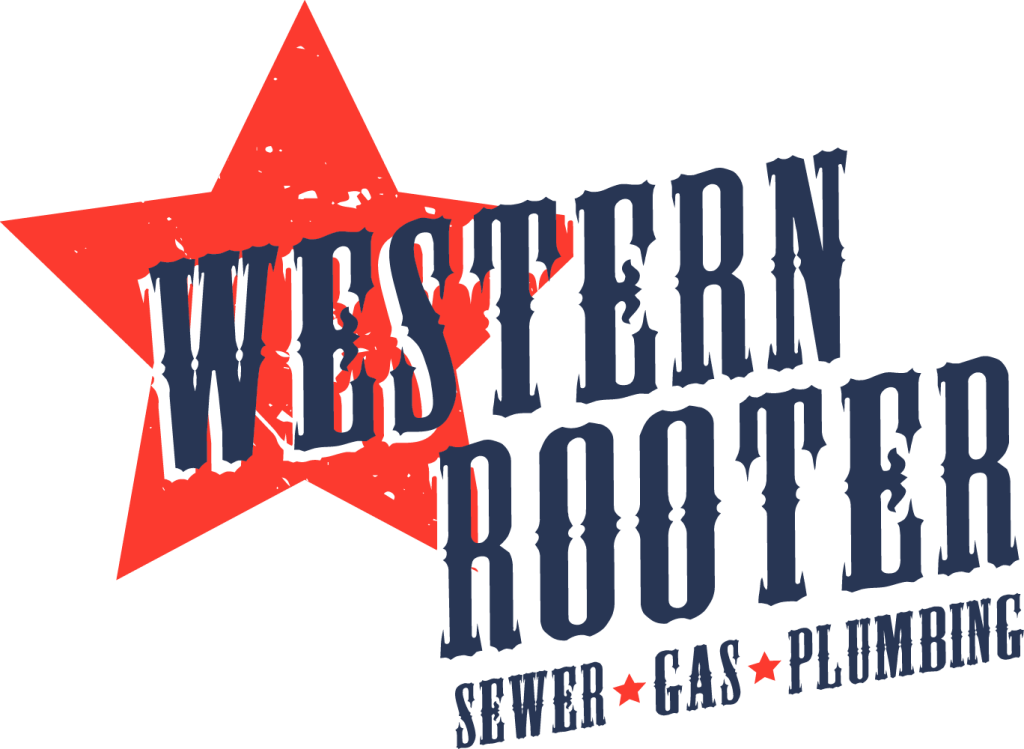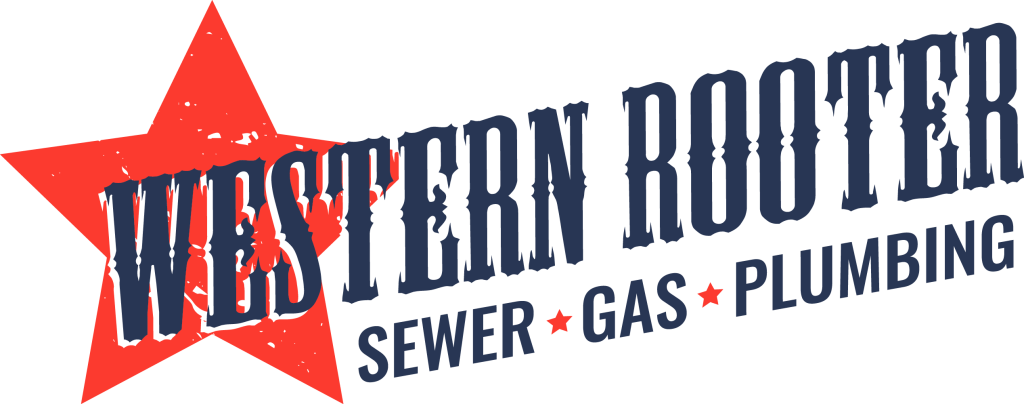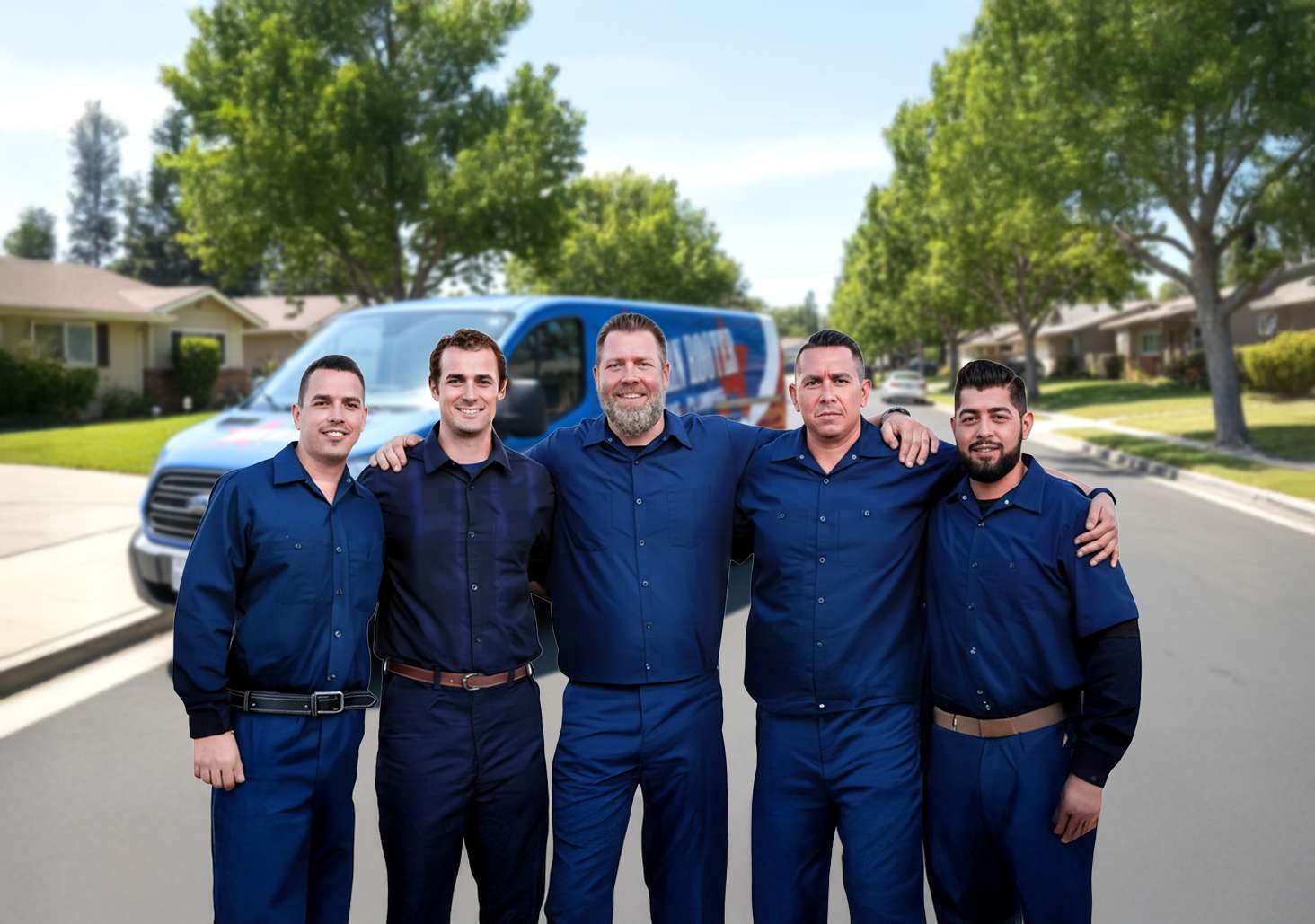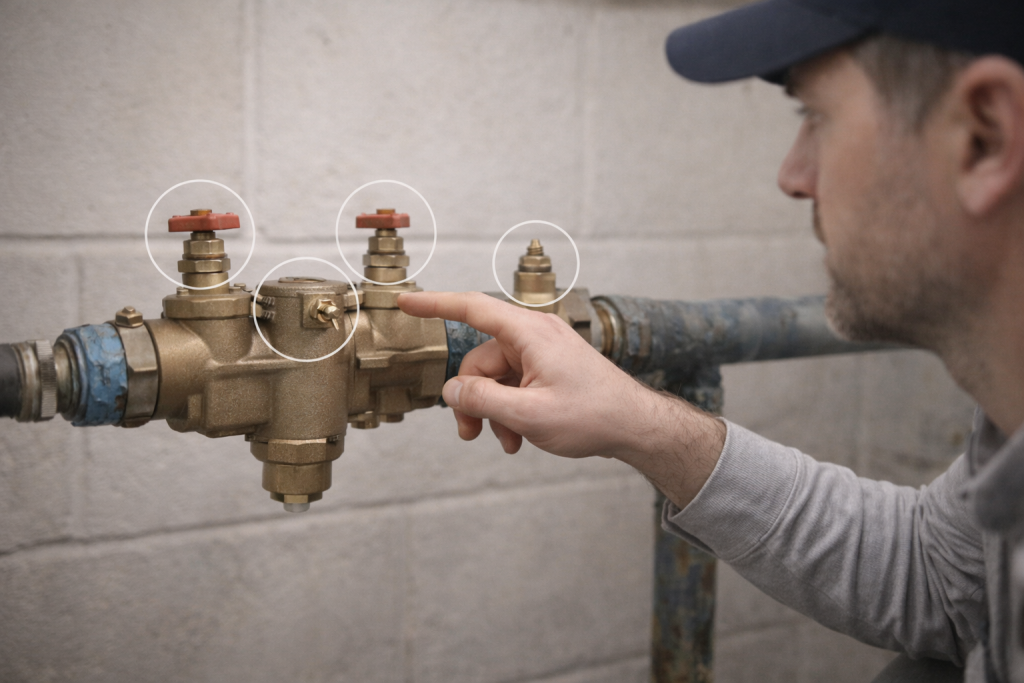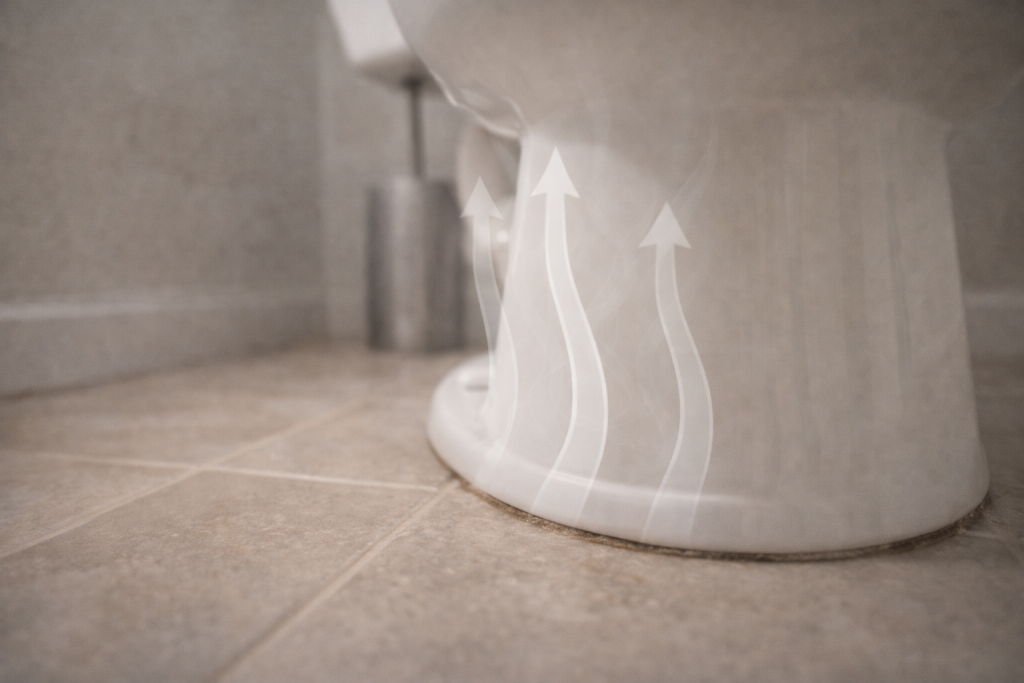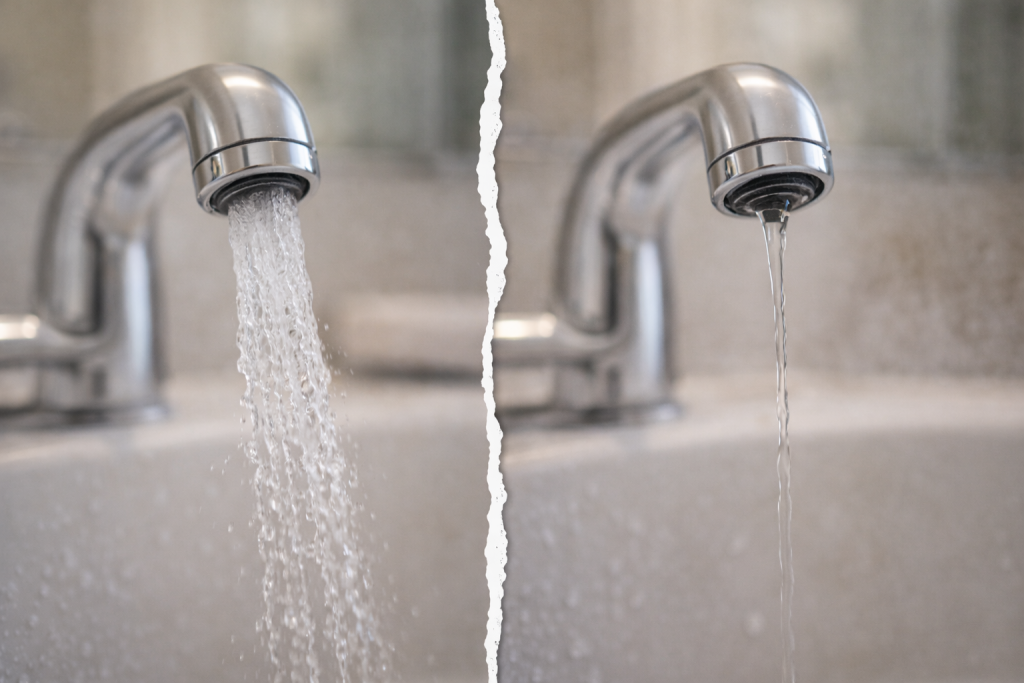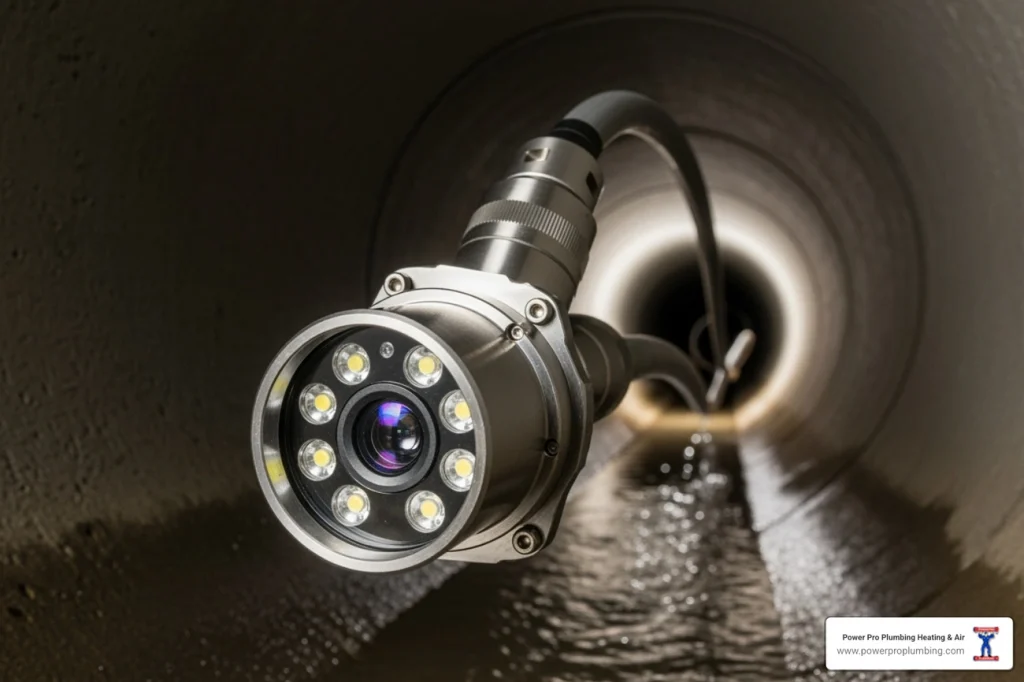Your septic system plays a crucial role in managing your household’s wastewater. It quietly works behind the scenes, processing everything that goes down your drains and toilets. But like any system, it’s not infallible.
When things go wrong, the results can be more than just an inconvenience—they can lead to serious health hazards and costly repairs. That’s why it’s so important to recognize the early warning signs of septic system problems. By catching these issues early, you can prevent a minor hiccup from turning into a major disaster. In this article, we’ll walk you through the key signs that it’s time to call a plumber for your septic tank.
Slow Drains Throughout the House
One of the first signs that something might be wrong with your septic system is when your drains start slowing down. You might notice it first in a sink, then a bathtub, and before you know it, every drain in your house seems to be taking its sweet time.
This isn’t just a minor annoyance it could be a sign of a much larger problem. Slow drains in multiple fixtures usually mean that your septic system is struggling to keep up, possibly due to accumulated clogs or an overloaded tank.
Imagine your septic system as a sponge. When it’s working correctly, it absorbs and processes water efficiently. But when it’s overloaded, water can’t drain as quickly, causing backups in your pipes. If you’re noticing slow drains all around your home, it’s crucial to act quickly. Ignoring this issue could lead to a complete system failure, leaving you with a messy and expensive problem to fix.
Foul Odors Indoors or Outdoors
No one likes unpleasant smells, especially when they’re coming from your home. If you catch a whiff of something that smells like sewage or rotten eggs, both inside or outside your house, it’s a red flag that something is wrong with your septic system. These foul odors are often the first noticeable sign that your septic tank is either full, blocked, or leaking.
When your septic system is working as it should, waste is contained and processed underground. But when something goes wrong—like a blockage or an overflow—those smells can start to escape, filling your home or yard with a distinctly unpleasant odor.
This isn’t just a nuisance; it’s a sign that you need to call a plumber right away. The longer you wait, the worse the problem can get, potentially leading to severe health hazards and more extensive (and expensive) repairs.
Pooling Water in Your Yard
If you notice puddles or soggy patches in your yard, especially near the drain field, it could be a sign of septic system failure. Standing water in your yard when it hasn’t rained recently is a strong indicator that your septic system isn’t functioning properly. This could be due to a leaking tank, soil saturation from overuse, or a compromised drain field.
Your septic system is designed to safely process and dispose of wastewater. But when it fails, that wastewater has to go somewhere—and often, it ends up pooling in your yard. This isn’t just an eyesore; it’s a serious issue that can lead to soil contamination, foul odors, and even damage to your property’s foundation. If you spot standing water or soggy patches around your septic system, it’s time to bring in a professional to assess and address the situation before it escalates into a full-blown disaster.
Gurgling Noises in Plumbing
Have you ever heard strange gurgling sounds coming from your drains? This might seem like a minor annoyance, but it can actually be a sign of a serious septic system problem. Gurgling noises are often caused by air bubbles that get trapped due to blockages or backups in your septic system. Essentially, your plumbing is trying to “breathe” through these blockages, and the result is that unsettling gurgling sound.
When your septic system struggles to process wastewater efficiently, air gets pushed back through the pipes, creating the gurgling noises you hear. It’s a clear indication that your system is under stress, potentially due to a clog, a full tank, or another blockage in the line. Ignoring these noises can lead to more significant issues, including complete system failure.
If you start noticing gurgling sounds coming from your plumbing, it’s essential to act quickly. Don’t dismiss it as just an odd quirk of your home’s pipes. Call a plumber to inspect your septic system. Addressing the problem early can prevent costly repairs and ensure your system continues to function properly.
Lush, Green Grass Over the Drain Field
While a vibrant, green lawn is usually something to be proud of, it can be a cause for concern if the grass over your septic tank or drain field is noticeably lusher than the rest of your yard. This unusual growth is often a sign that something is wrong with your septic system. When your system is functioning correctly, wastewater is safely processed underground. However, if there’s a leak or the system is failing, that wastewater can seep into the soil, effectively “fertilizing” the grass above.
The extra nutrients from the leaking wastewater cause the grass to grow more quickly and densely than in other areas of your yard. While it might look nice on the surface, it’s a clear indication that your septic system is not operating as it should. This situation is more than just a cosmetic issue—it’s a red flag for potential septic failure.
If you notice this lush, green growth over your drain field, it’s time to bring in a professional. The longer you wait, the more severe the problem could become, leading to a full-blown system failure that can be both expensive and difficult to repair.
Sewage Backup in Your Home
Few things are more alarming—and unpleasant—than discovering sewage backing up into your home. Whether it’s in the toilet, sinks, or bathtubs, a sewage backup is a clear indication that your septic system is in serious trouble. This usually happens when the system is overloaded, blocked, or completely failed, preventing wastewater from properly flowing out of your home.
Sewage backups aren’t just a gross inconvenience; they’re a significant health hazard. Exposure to raw sewage can lead to serious health issues, including infections and illnesses caused by harmful bacteria and viruses. It’s crucial to handle this situation with urgency to protect your health and your home.
If you ever experience a sewage backup, the first thing you should do is shut off the water supply to prevent more wastewater from entering the system. Next, contact a plumber immediately to assess and address the problem. Do not attempt to clean up the mess yourself; sewage cleanup requires specialized equipment and expertise to ensure your home is safe and sanitary.
Regular Maintenance Tips
Taking care of your septic system isn’t just a good idea—it’s essential to keep everything running smoothly and to avoid unexpected, expensive issues down the line. Regular maintenance is your best defense against septic system failures, which can cause a host of problems ranging from slow drains to sewage backups.
To keep your system in top shape, it’s important to have it inspected by a professional every 1 to 3 years. These regular check-ups allow any minor issues to be caught early before they turn into major headaches. Additionally, the septic tank should be pumped every 3 to 5 years, depending on the size of your household and the amount of wastewater generated. This pumping removes the buildup of solids that can clog the system and cause it to fail.
Beyond professional maintenance, there are a few things you can do to keep your system healthy. First, be mindful of what you flush. Only flush toilet paper—avoid non-degradable items like wipes, paper towels, and hygiene products, which can cause clogs and damage your system. Also, consider using biodegradable treatments that help break down organic waste in your septic tank, keeping everything flowing smoothly. Finally, keep your drain field clear of heavy equipment and excess vegetation. Heavy machinery can compact the soil, making it harder for your system to function, and deep-rooted plants can interfere with the drainage process.
When to Call a Professional
Even with the best maintenance practices, there are times when you’ll need to call in the pros. It’s important to recognize the warning signs that indicate your septic system needs professional attention. If you notice persistent clogs, gurgling noises coming from your plumbing, foul odors in or around your home, or—worst of all—sewage backups, it’s time to pick up the phone and call a plumber.
Professional help is invaluable because trained plumbers have the tools and expertise to diagnose and fix problems that the average homeowner might not even notice. They can perform thorough inspections, identify the root causes of issues, and provide effective solutions that ensure your septic system functions properly for years to come. Additionally, scheduling regular professional check-ups can catch potential problems early, extending the lifespan of your system and saving you money in the long run.
Conclusion
In summary, keeping an eye out for the warning signs of septic system trouble like slow drains, unpleasant odors, and sewage backups—can save you from costly repairs and significant inconvenience. Acting quickly at the first sign of trouble is crucial in preventing a minor issue from escalating into a major disaster. Regular maintenance, both by yourself and with the help of a professional, is the key to ensuring your septic system remains in good working order.
If you suspect that your septic system might be in trouble, don’t wait until it’s too late. Contact a reliable professional plumber, like Western Rooter, to schedule an inspection or maintenance service. With over 40 years of experience, we’re here to help you keep your septic system running smoothly, so you can have peace of mind knowing your home is protected.
